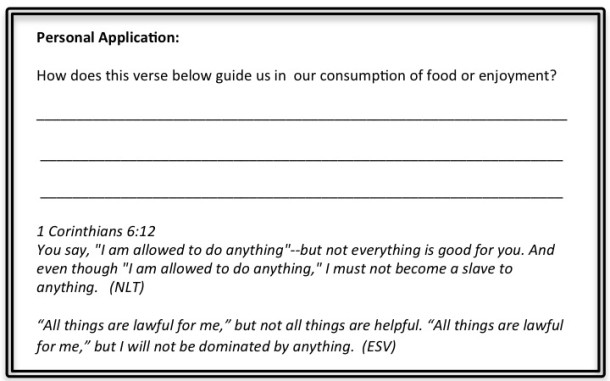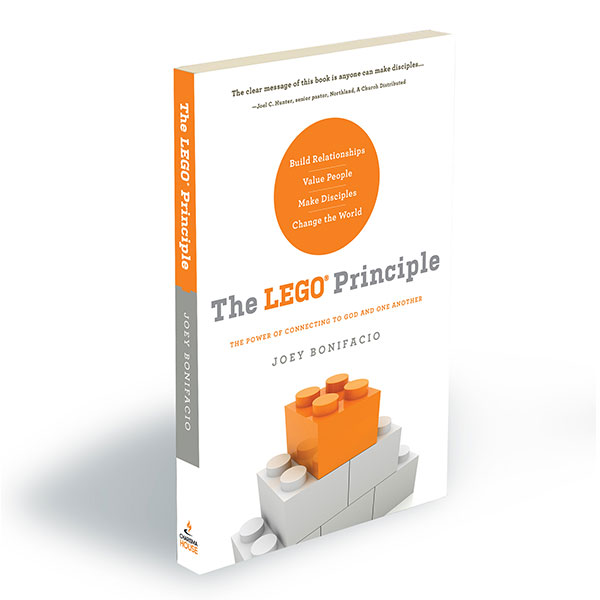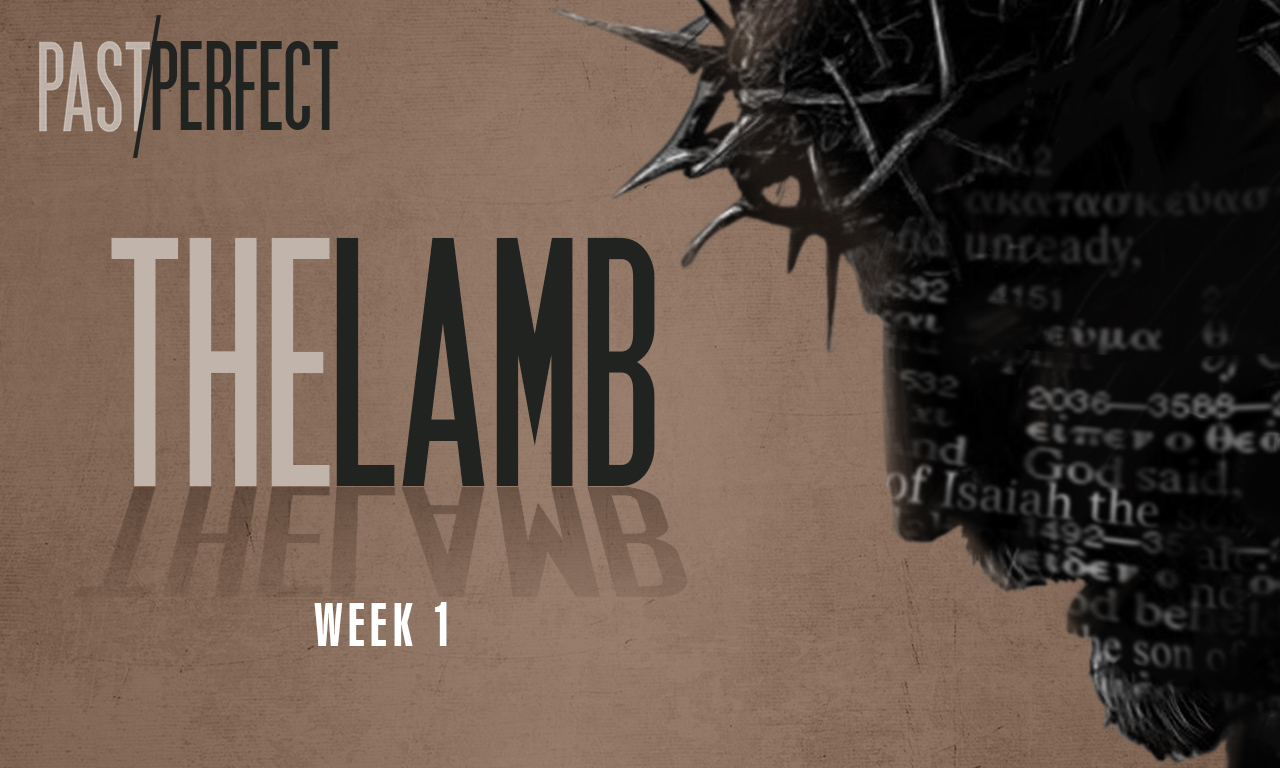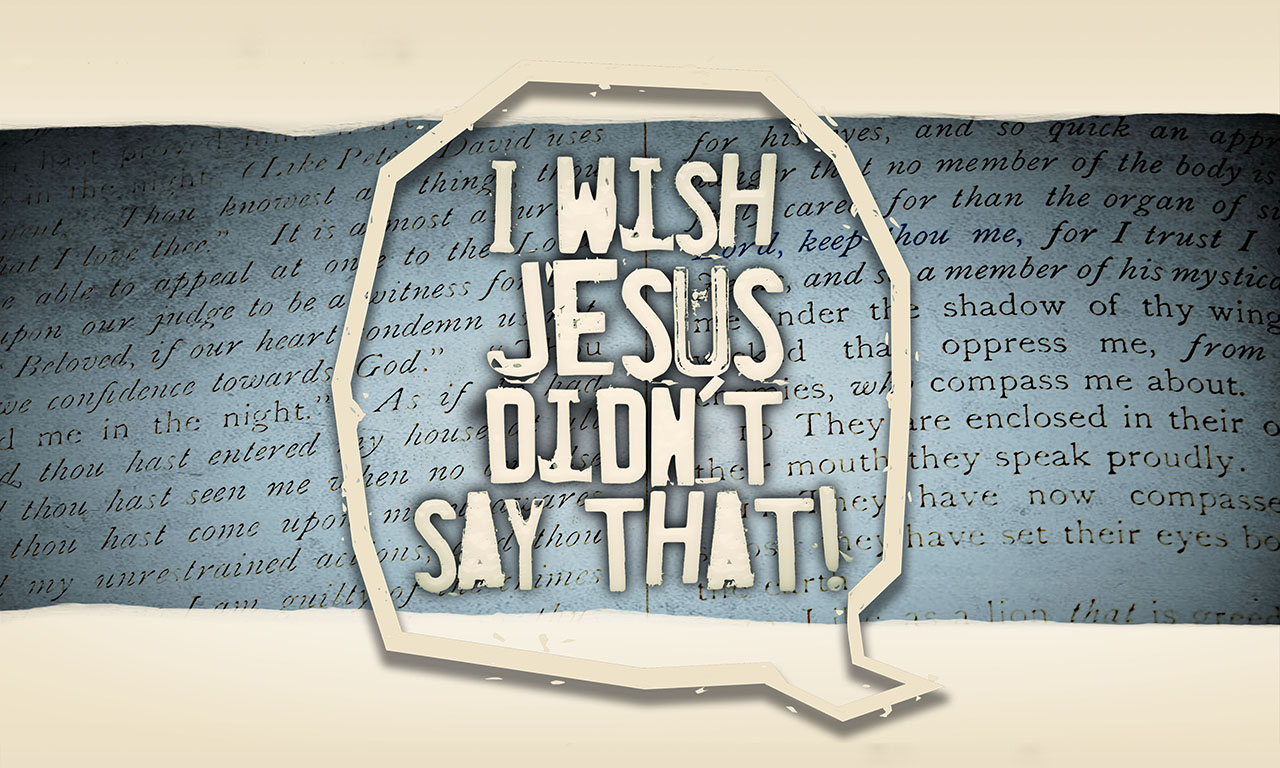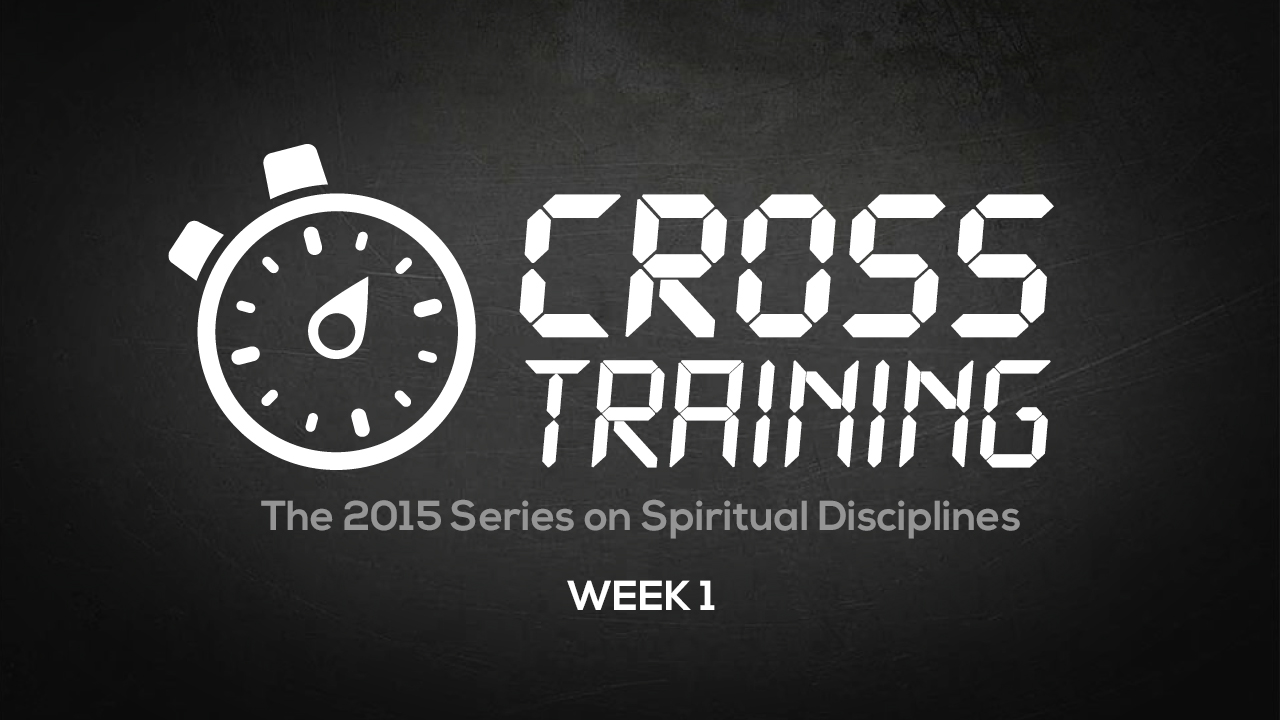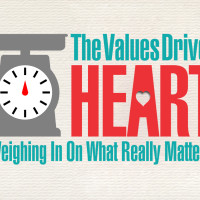The Value of Food
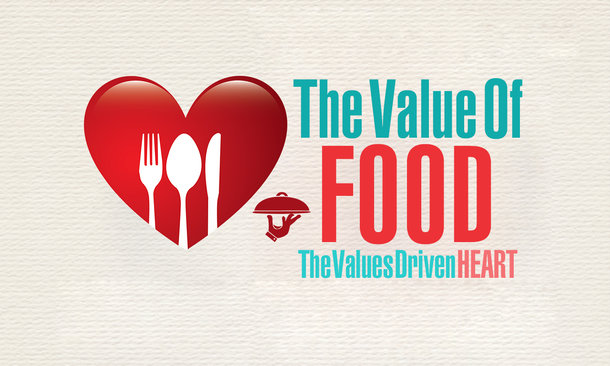
Charles Dickens’ novel “Oliver Twist” was first published as a serial between 1837 and 1839. It was one of the earliest novels that contained a social slant addressing the issues of the day; particularly society’s way of turning a blind eye to child labor, and the use of children for criminal activities.
By 1960, the novel found its way to London’s West End and became a musical bearing the name “Oliver”. The musical was adapted into a movie in 1968, and garnered six Academy Awards including Best Picture, Best Musical Adaptation, and Best Sound.
With its memorable melodies and catchy lyrics, it is easy to see why the musical score was much celebrated. The movie opens with the popular song, “Food Glorious Food,” and ends with the lyrics “What wouldn't we give for, that extra bit more, that's all we live for, why should we be fated to do, nothing but brood on food, magical food, wonderful food, marvelous food, beautiful food, food, glorious food glorious fooooooood. What are we waiting for? . . . FOOOOOOOD!”
God and Food
God created our food. He loved us so much that He didn’t just stop at its functional benefit. He created food with aesthetics, incorporating different flavors, colors, smells, and textures in each ingredient. Lastly, he created food for our enjoyment (Genesis 1: 29; Isaiah 1: 19).
I’ve always found it interesting how food companies would work so hard to attractively package their products to entice buyers. If you’ve ever wondered where they got the idea—look to God.
Consider God’s packaging designs: The banana with its bright yellow, lateral peeling wrapper. The grass green coconut, which acts like a disposable vacuum-sealed container to encase a refreshing liquid full of electrolytes. Both are environmentally friendly, and 100% biodegradable. And what about the egg? With its pure white casing that houses and keeps the vulnerable protein fresh and free from bacteria.
Nuts, pomegranates, watermelons, string beans, corncobs… I’m sure you can think of more because indeed, food has its fair share of glory. God loves food and values them, but definitely not to the degree that we sometimes do.
Food Overload
It’s understandable when hungry orphans who have not had a decent meal to eat in days exclaim words such as “food, glorious, food.” But the reality is that these words could very well have come from the mouths of everyday citizens today, who have placed a disproportionate value on food.
There is no questioning the value of food. We need it not just to survive, but to also enjoy a quality of life. These days, however, our values have become so skewed to the place where too much weight has been put on food.
If an Extra-Terrestrial (ET) came to earth to observe what mankind’s main passions were, it wouldn’t take the ET long to conclude that food is indeed one of man’s greatest passions . . . if not addiction. Nearly half of the advertisements the ET would have seen on TV would be about food, and if the ET happened to land on the Food Channel, it would have seen food 24/7. Not to mention all those food posts the ET would find in different channels of social media.
Food Versus Life
In helping us understand the true value of food, here are three key thoughts to remember:
1. In Matthew 6, Jesus posed the question, “Is not life more than food?” What he means by this is, “Do you know that life is more valuable than food?” The answer is obvious, but the real life application is not. As mentioned weeks ago, life refers to our relationships. Our relationships are definitely far more important than food. While we can enjoy food, we must never enjoy it at the expense of God, our relationships, or even our health.
2. 1 Corinthians 6:12 says,“'All things are lawful for me,’ but not all things are helpful. ‘All things are lawful for me,’ but I will not be dominated by anything.
‘Food is meant for the stomach and the stomach for food’—and God will destroy both one and the other. The body is not meant for sexual immorality, but for the Lord, and the Lord for the body.”
Paul is saying that while food is to be enjoyed, it does not mean everything you consume is good for you. Controlling what you eat and having restraint is beneficial, lest you be dominated by your impulses and urges. It may be true that our bodies are temporary, but it does not justify stuffing it with just anything. Finally, he likens food to sex—it brings satisfaction, fulfillment, and comfort, but there is a moral and an immoral way of consuming it.
3. Some things will always be more valuable than food. One of which, is to do God’s will. Jesus himself said, “My food is to do the will of him who sent me and to accomplish his work.” (John 4:34)
See you next week. Bon appétit!
My Comments Policy
While my site offers visitors the ability to converse, I have a few ground rules so that our conversations will remain civil and courteous.
1. You must register in order to leave a comment. I don’t entertain pseudo, anonymous or bogus individuals. This site is my home (it has a Home Page, get it). I don’t let strangers who don’t introduce themselves into my home.
2. I love questions. I love them because a lot of times they are similar to someone else’s questions and can even trigger other questions from others. Questions also keep us all sharp. This is also why I respond to them as best as I can and at the soonest possible time. I believe that group answering benefits more people than private email exchanges.
3. We don’t have to agree. Debates are welcome. However, whether it is with me or any other visitors of my site, my rule is this: disagree if you must but keep things civil. That’s just how I run my home, and you are a visitor here. No shouting; I have seen it done in writing. No cursing and no insulting.
4. I reserve the right to delete your comments. Like I said, this is my home. I do not have an obligation to publish your comments. As a human being, you may enjoy the freedom to express your opinions on your own site but not on mine. To be specific, I will delete your comments if you post content that is in my sole opinion: (a) snarky; (b) off-topic; (c) libelous, defamatory, abusive, harassing, threatening, profane, pornographic, offensive, false, misleading, or which otherwise violates or encourages others to violate my sense of decorum, civility or any law, including intellectual property laws; or (d) “spam,” i.e. an attempt to advertise, solicit, or otherwise promote goods and services. You may, however, post a link to your site or your most recent blog entry.
5. You retain ownership of your comments. I do not own them and I expressly disclaim any and all liability that may result from them. By commenting on my site, you agree that you retain all ownership rights in what you post here and that you will relieve me from any and all liability that may result from those posts.
6. You grant me the license to post your comments. This license is worldwide, irrevocable, non-exclusive, and royalty-free. By posting comments on my site, you automatically grant me the right to store, use, transmit, display, publish, reproduce, and distribute your comments in any format, including but not limited to a blog, in a book, video, or presentation.
In short, my goal is to host interesting conversations with caring, honest, and respectful people. I believe this clear and simple comments policy will facilitate this.











